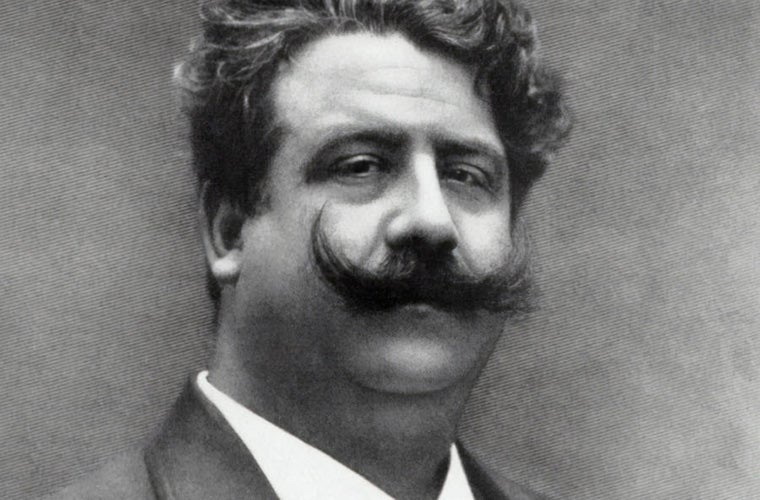
Ruggero Leoncavallo
1857 - 1919
Biography
Italian composer Ruggero Leoncavallo was born in Naples on April 23, 1857.
Though it was not performed publicly until some time later, Leoncavallo completed his first opera Chatterton in 1876, before his twentieth birthday. Not long after, Leoncavallo fell on hard times and became a café pianist and sometime teacher in Paris, London, and Egypt. The famous baritone Victor Maurel introduced him to Ricordi, the leading music publisher in Milan, beginning a tumultuous relationship. Heavily influenced by Wagner, Leoncavallo conceived of a three-part Italian answer to the Ring cycle. Only the first part, I Medici, was completed. Though technically proficient, it met with little success and caused ongoing problems with Ricordi. Leoncavallo either did not want to or could not finish the triology.
Soon thereafter, Leoncavallo realized the potential of realism in opera and began composing what would be become Pagilacci, based on the facts of one of his magistrate father's legal cases. Pagliacci was an immediate success, and paved the way for public performances of his earlier works, I Medici and Chatterton. He finished his adaption of Murger's Scegravenes de la vie de Bohegraveme in 1892, fifteen months after Puccini's version. Though both Le Bohème's were successful initially, Puccini's has better stood the test of time. Zazagrave (1900) followed to great international success. Then came a commission from Wilhelm II for an opera celebrating the Hohenzollern dynasty. The German-language Der Roland von Berlin received great acclaim on its debut in 1904. An early adaptor of the new media of the early 20th century, Leoncavallo's version of Mattinata was recorded by Caruso in 1904, meeting with overwhelming success.
His last completed work, Goffredo Mameli (1916) was a grand patriotic work. He left unfinished the most ambitious work of his life, adapting into operas the plays Edipo re and Prometeo. Edipo was debuted after his death in 1919.